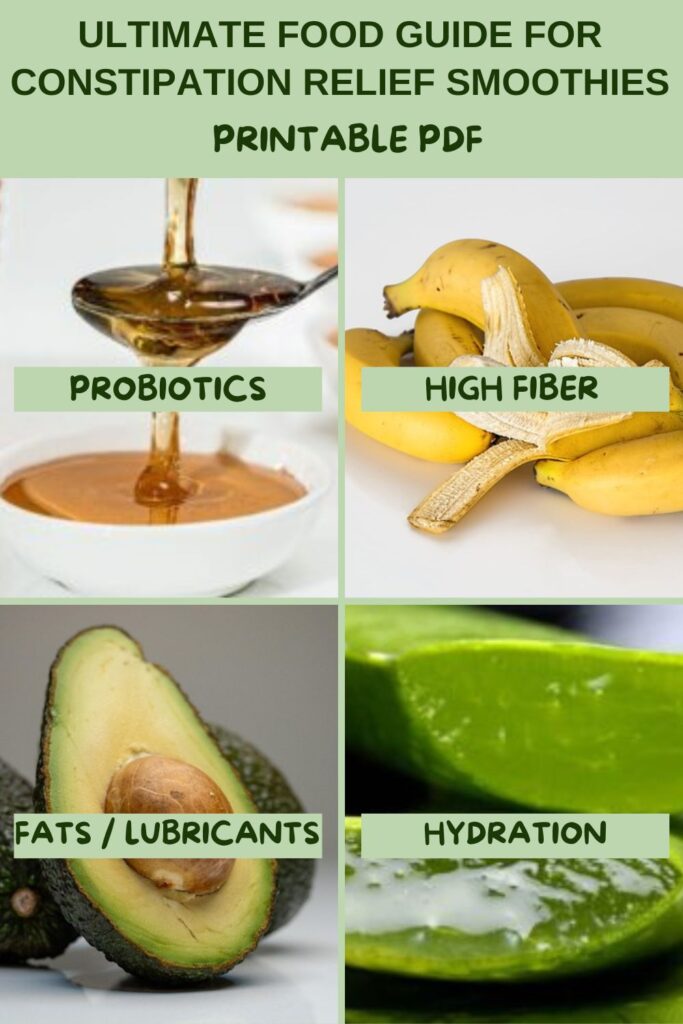Ultimate Guide to Functional Foods for Constipation Relief – PDF
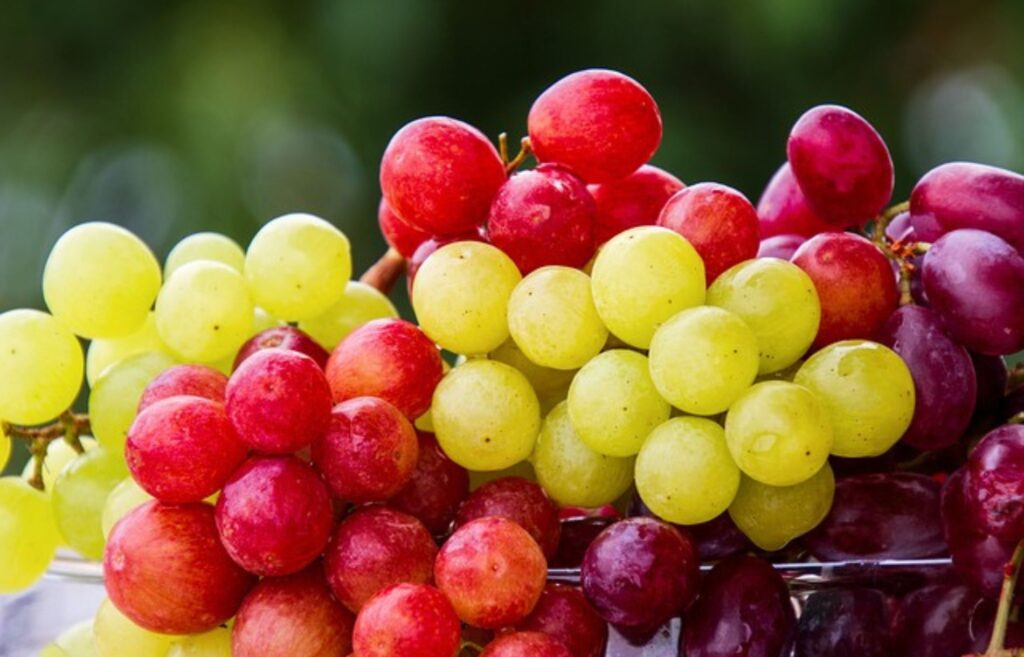
Smoothies and The Best Functional Ingredients to Relieve Constipation Naturally
Ultimate Guide to Functional Foods for Constipation Relief – PDF. Constipation can be an uncomfortable and frustrating issue, often caused by poor diet, dehydration, or lack of fiber intake. The good news? Functional foods can naturally help promote digestion and regularity.
By incorporating high-fiber ingredients, healthy fats, probiotics, and hydration-rich foods into your diet, you can support a well-functioning digestive system and prevent constipation.
Listed below are the four groups of functional foods that will help you with constipation issues. To print the PDF sheet for each group, simple click the link titles.
ULTIMATE GUIDE TO FUNCTIONAL FOODS FOR CONSTIPATION RELIEF – PDF
—–
Whether you’re looking for:
– High Fiber Fruits, Vegetables, and Ingredients;
– Healthy Fats and Lubricants;
– Hydration and Natural Laxatives;
– Probiotic and Prebiotics;
adding these functional foods to your smoothies and diet can help get things moving smoothly.
Listed below you’ll find the best functional groups and their ingredients to relieve constipation naturally.
High-Fiber Fruits, Vegetables, and Ingredients
Fiber is essential for relieving constipation because it adds bulk to stool and helps it move smoothly through the digestive tract, preventing hard, difficult-to-pass stools. Soluble fiber absorbs water to create a gel-like consistency, softening stool, while insoluble fiber speeds up gut motility, ensuring regular and comfortable bowel movements.
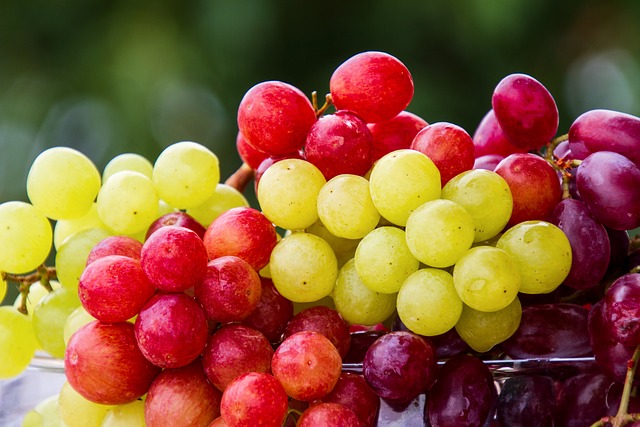
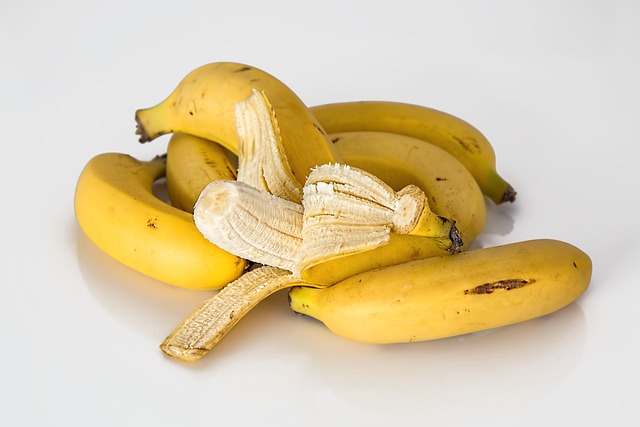
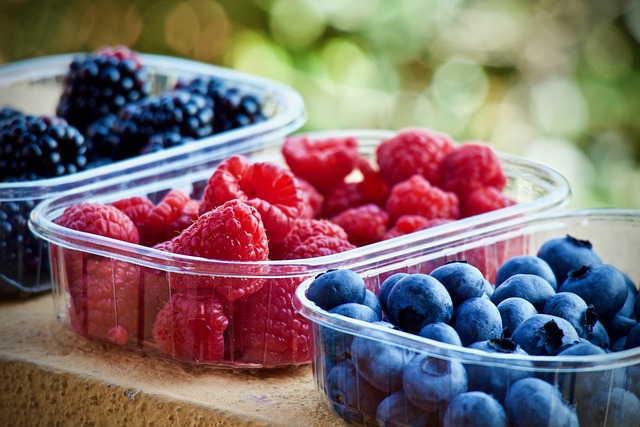
—–
Apples (with skin) – Rich in pectin, a soluble fiber that helps regulate digestion.
Banana – A great base for smoothies, provides soluble fiber and prebiotics to nourish gut bacteria.
Beets – A natural detoxifier that supports digestion and is rich in fiber.
Berries (Strawberries, Raspberries, Blueberries, Blackberries) – Loaded with fiber and antioxidants, easy to blend.
Cabbage (lightly steamed or raw in small amounts) – A prebiotic food that helps digestion and promotes healthy gut bacteria.
Carrots – Great source of fiber and beta-carotene, which supports gut health.
Chia Seeds – Absorbs water, forming a gel that softens stool and promotes smooth digestion.
Cranberries (Fresh or Unsweetened Juice) – Helps balance gut bacteria and prevent sluggish digestion.
Dates (soaked in water) – Naturally high in fiber and sorbitol, promoting bowel movement.
Figs (fresh or dried, soaked in water) – Loaded with soluble and insoluble fiber, plus natural sorbitol, which softens stool.
Black Mission Figs (Fresh or Dried, Soaked) – Higher in fiber than most fruits, great for digestion.
Flaxseeds – Great source of soluble and insoluble fiber, helping with stool bulk and gut motility.
Grapes – Contains resveratrol and sorbitol, which help draw water into the intestines.
Guava – A fiber-rich tropical fruit that also contains natural enzymes for digestion.
Kiwi – Packed with fiber and actinidin, an enzyme that promotes digestion.
Mango – Naturally sweet, contains fiber and digestive enzymes to speed up digestion.
Oats – Adds creaminess and beta-glucan fiber, which helps soften stool.
Oranges & Citrus Fruits – High in fiber and naringenin, a flavonoid that may act as a natural laxative.
Papaya – Contains papain, an enzyme that aids digestion and helps break down proteins.
Passion Fruit – One of the highest-fiber tropical fruits, with edible seeds that provide extra bulk to stool.
Pears – High in pectin fiber and sorbitol, both of which help soften stools and speed up digestion.
Cactus Pear (Prickly Pear, Peeled & Blended) – Contains mucilage, a natural stool softener.
Persimmon – Rich in pectin fiber, which helps regulate bowel movements.
Pineapple – Rich in bromelain, an enzyme that supports gut motility and digestion.
Plums – Similar to prunes, plums contain fiber and natural sugars that aid digestion.
Sweet Potato (steamed or mashed) – A surprising smoothie addition, rich in fiber and resistant starch, which feeds good gut bacteria.
Seaweed (Small Amount, Blended or Powdered) – Contains prebiotic fiber that feeds beneficial gut bacteria.
Zucchini – Hydrating and mild in flavor, blends well in smoothies for an extra fiber boost.
Healthy Fats and Lubricants
Healthy fats and natural lubricants help relieve constipation by coating the intestinal walls and softening stool, making it easier to pass. Fats like olive oil, coconut oil, and MCT oil also stimulate bile production, which aids digestion and promotes smoother bowel movements
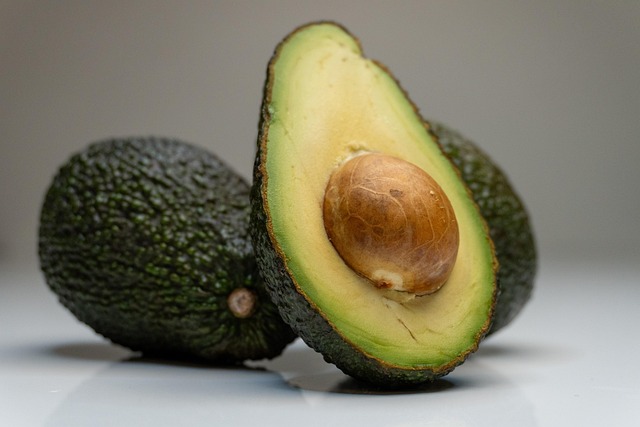
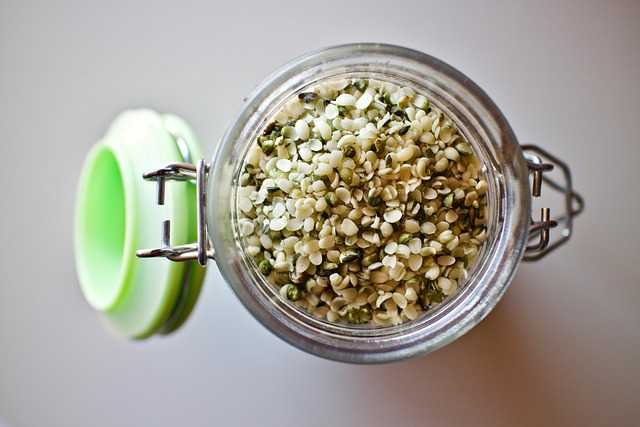
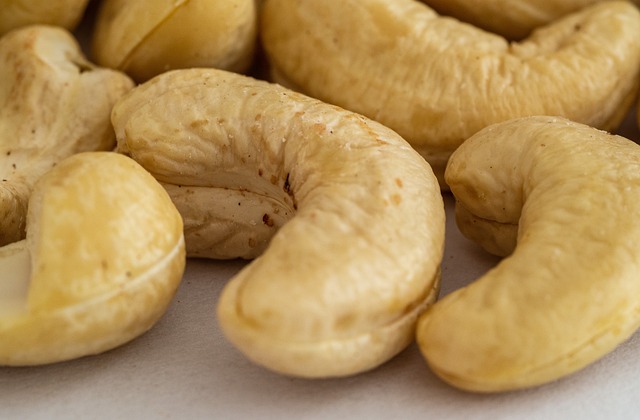
—–
Almond Butter or Almonds – High in magnesium, which helps relax the intestines and move waste efficiently.
Avocado – Provides fiber and healthy fats to aid gut motility, creating a creamy texture.
Black Sesame Seeds – Used in traditional medicine for digestion and bowel health.
Brazil Nuts – A powerhouse of selenium and fiber, which can assist digestion.
Cashews – Contain natural magnesium and fiber for gut function.
Coconut Oil or MCT Oil – Helps lubricate the intestines, making elimination easier.
Ghee (Clarified Butter, Small Amount) – Ayurvedic remedy for digestive lubrication and gut health.
Hemp Seeds – High in fiber, protein, and omega-3s, which help digestion.
Macadamia Nuts – Contains good fats that help keep stools soft and moving.
Pumpkin Seeds – Contain magnesium, which relaxes the intestines and promotes bowel movements.
Tahini (Sesame Seed Paste) – Contains healthy fats and fiber to aid digestion.
Walnuts – A good source of fiber and omega-3s that support gut motility.
Hydration and Natural Laxatives
Hydration is crucial for relieving constipation because water helps soften stool, making it easier to pass and preventing dryness that leads to hard, compact stools. Natural laxatives like prunes, aloe vera, and coconut water contain compounds such as sorbitol and electrolytes that draw water into the intestines, promoting smoother and more regular bowel movements.
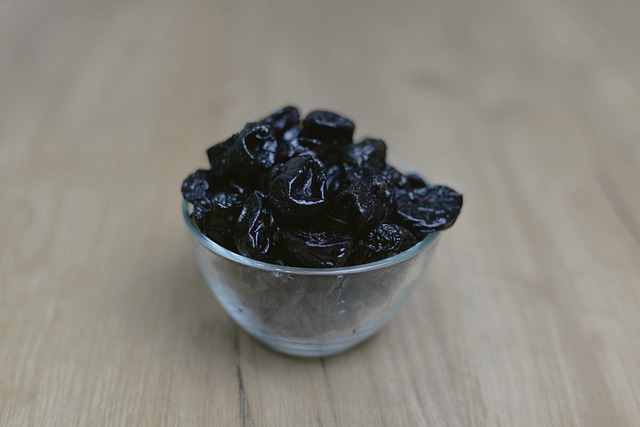
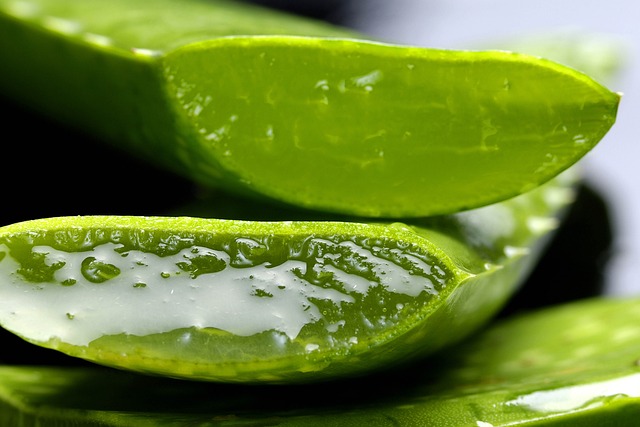
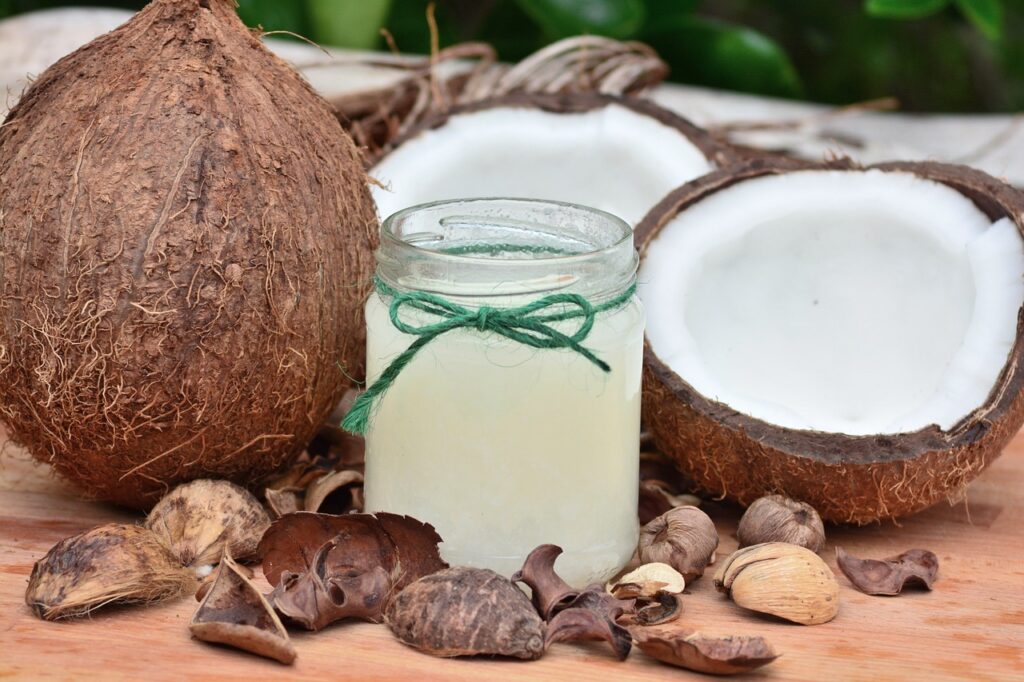
—–
Aloe Vera Juice – A mild natural laxative that can be added in small amounts to smoothies.
Bone Broth (added in small amounts, blended with fruit) – Surprisingly hydrating, with gut-healing collagen and minerals.
Celery – Contains fiber and acts as a natural diuretic, promoting hydration.
Coconut Meat (blended from fresh coconut or frozen) – Contains fiber and MCT fats for digestion.
Coconut Water – Hydrating and packed with electrolytes that aid digestion.
Cucumber – High in water content, which helps hydrate the gut.
Dandelion Greens (small amount) – A natural diuretic that promotes detoxification and gut health.
Herbal Teas (chamomile, fennel, ginger, or peppermint, used as a liquid base) – Helps soothe digestion and prevent bloating.
Prunes or Figs – Rich in fiber and sorbitol, helping draw water into the intestines.
Watermelon – Rich in water and fiber, making it a hydrating and gut-friendly option.
Probiotic and Prebiotic
Probiotics and prebiotics play a vital role in relieving constipation by promoting a healthy gut microbiome, which supports efficient digestion and regular bowel movements. Probiotics introduce beneficial bacteria that enhance gut motility, while prebiotics, like inulin and resistant starch, feed these good bacteria, improving stool consistency and reducing bloating.
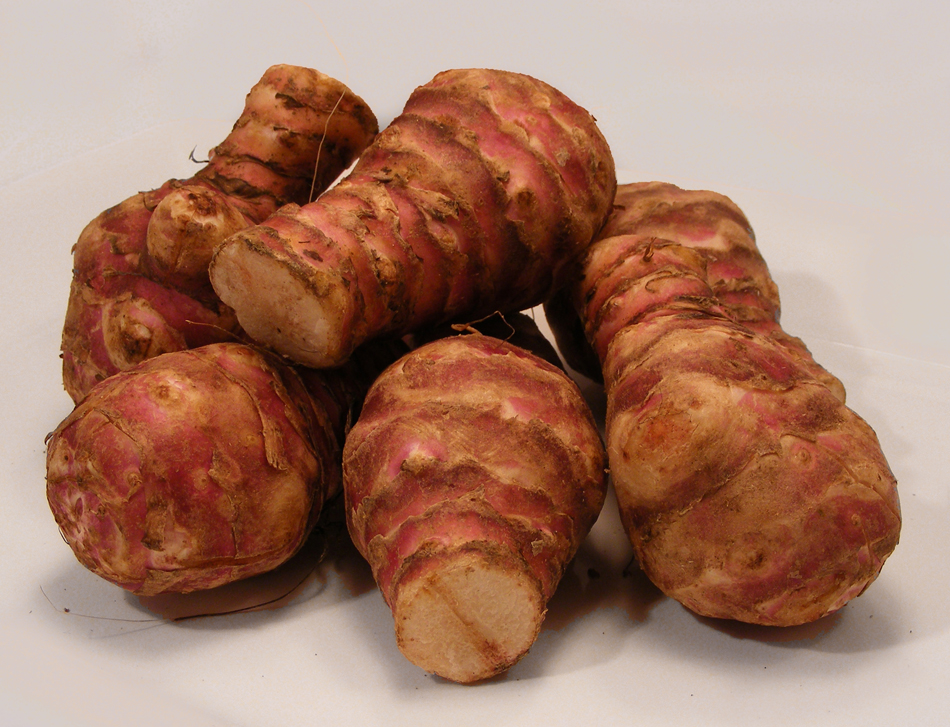
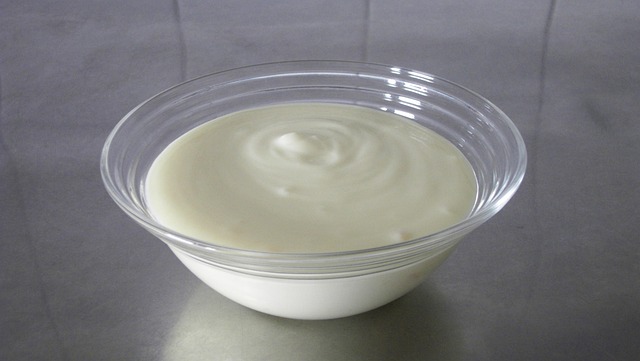
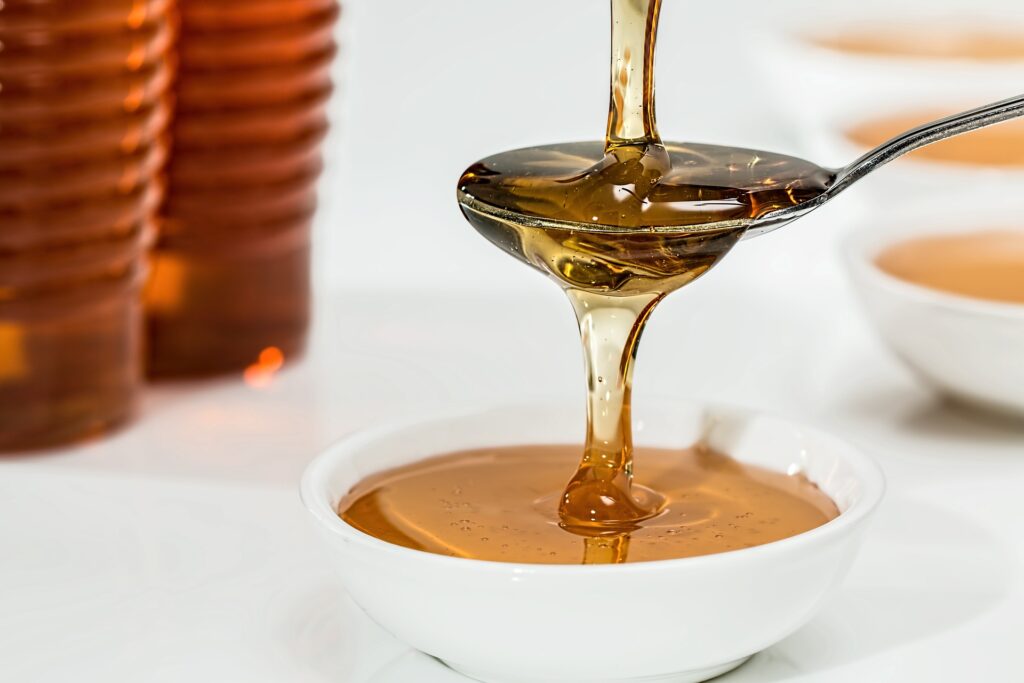
—–
Apple Cider Vinegar – Can help balance stomach acid and support digestion.
Baobab Powder – High in vitamin C and fiber, acts as a prebiotic to feed gut bacteria.
Burdock Root (Blended or Powdered) – A natural prebiotic that supports gut health and digestion.
Chicory Root (powdered or tea-infused water) – One of the richest sources of prebiotic inulin fiber to nourish gut bacteria.
Coconut Kefir (Fermented Coconut Water) – Provides probiotics while hydrating.
Greek Yogurt – Packed with probiotics to balance gut bacteria and support digestion.
Raw Honey – Contains prebiotics that nourish gut-friendly bacteria.
Jerusalem Artichoke (raw or lightly steamed, in small amounts) – Contains inulin, a fiber that supports beneficial gut bacteria.
Kefir – A liquid probiotic option that blends well and improves gut microbiome health.
Kimchi Juice (Small Amount) – Fermented juice from kimchi, rich in gut-supporting probiotics.
Marshmallow Root Powder – Works similarly to slippery elm by soothing the digestive tract.
Miso (small amount for umami flavor) – A fermented soy product that introduces beneficial gut bacteria.
Pickle Juice (Small Amount, Unsweetened) – Contains gut-friendly lactobacillus bacteria that promote digestion.
Rejuvelac (Fermented Grain Drink, Used as Liquid Base) – A probiotic-rich beverage made from sprouted grains, supporting digestion.
Slippery Elm Powder – A mucilaginous herb that coats the digestive tract and eases constipation.
Tempeh (blended in small amounts) – A fermented, protein-rich food that supports gut microbiome health.
Water Kefir (Instead of Milk Kefir) – A non-dairy probiotic drink that works well in smoothies.
And there you have it, the ultimate list of foods to consume if you’re having constipation issues. Simply print the PDF by clicking the list links. If you’re looking for some smoothie recipes to help with constipation issues – click here SMOOTHIES FOR CONSTIPATION for the ones I’ve made so far. They work and they taste delicious.
